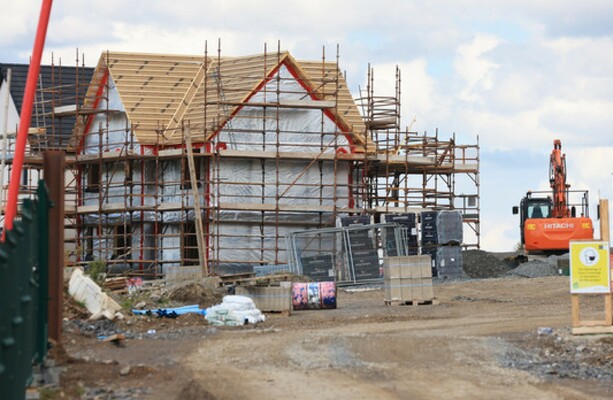Brendan Burgess
Founder
- Messages
- 55,214
It appears that what is proposed is as follows:
1) 10% of all new housing for social housing
2) 10% for affordable housing
3) 30% for First Time Buyers
Case 1 - new housing development of 100 houses in Maynooth at €300k each
Most of the buyers were probably First Time Buyers anyway.
It will stop institutional buyers from buying the lot. But if they can buy 50%, then they will just buy 50% of two developments, rather than 100% of one development.
It will make it more difficult for individual investors to buy and so will take houses off the rental market.
Case 2 - Upmarket housing estate where houses are €600k+
I can't see how it works for these. I can't see how it helps.
Most of these buyers were trading up. By trading up, they are selling or renting their original home.
So restricting 50% of them to First Time Buyers doesn't help.
On balance, it will probably reduce supply. If I owned a site, I would be reluctant to develop it while these rules were in place.
It will probably help the first time buyer kids of wealthy parents. They will be able to buy upmarket houses at a discount. But I doubt it will help most First Time Buyers.
Brendan
1) 10% of all new housing for social housing
2) 10% for affordable housing
3) 30% for First Time Buyers
Case 1 - new housing development of 100 houses in Maynooth at €300k each
Most of the buyers were probably First Time Buyers anyway.
It will stop institutional buyers from buying the lot. But if they can buy 50%, then they will just buy 50% of two developments, rather than 100% of one development.
It will make it more difficult for individual investors to buy and so will take houses off the rental market.
Case 2 - Upmarket housing estate where houses are €600k+
I can't see how it works for these. I can't see how it helps.
Most of these buyers were trading up. By trading up, they are selling or renting their original home.
So restricting 50% of them to First Time Buyers doesn't help.
On balance, it will probably reduce supply. If I owned a site, I would be reluctant to develop it while these rules were in place.
It will probably help the first time buyer kids of wealthy parents. They will be able to buy upmarket houses at a discount. But I doubt it will help most First Time Buyers.
Brendan
